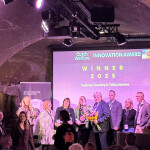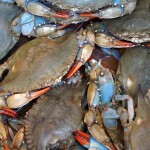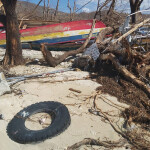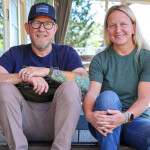Filters
Product Categories
Access all SeafoodSource content – unrestricted.
This team membership level provides SeafoodSource Premium access for you and your colleagues. Pricing is static and will not change as members are removed or added to the team.
Memberships will automatically renew on an annual basis until cancelled. By becoming a member, you will also be subscribed to SeafoodSource News, SeafoodSource's digital newsletter. You may unsubscribe at any time.

The day before U.S. Election Day on 8

An American Icon: Understanding the Maine Lobster Industry

One of the side effects of EMS devastating shrimp supplies in Southeast Asia was a surge in interest in alternative markets such as Ecuador. Since then, the South American nation has capitalized on the increased demand for its seafood products, and is fixing to remain a player. In this webinar, we'll discuss how Ecuador's output has grown and what is in the future for the seafood markets in that country.

Access all available Seafood Expo Global 2024 conference session videos.

Included Listing Features:
One-week Advertising Placement (10,000 impressions on SeafoodSource.com at an 80% discount!), Video Embed, Product Image, Company Name, Product Description, Geographical Markets Served, Contact Phone Number, Contact Name, Contact Email, Website URL, New or Featured Category Listing
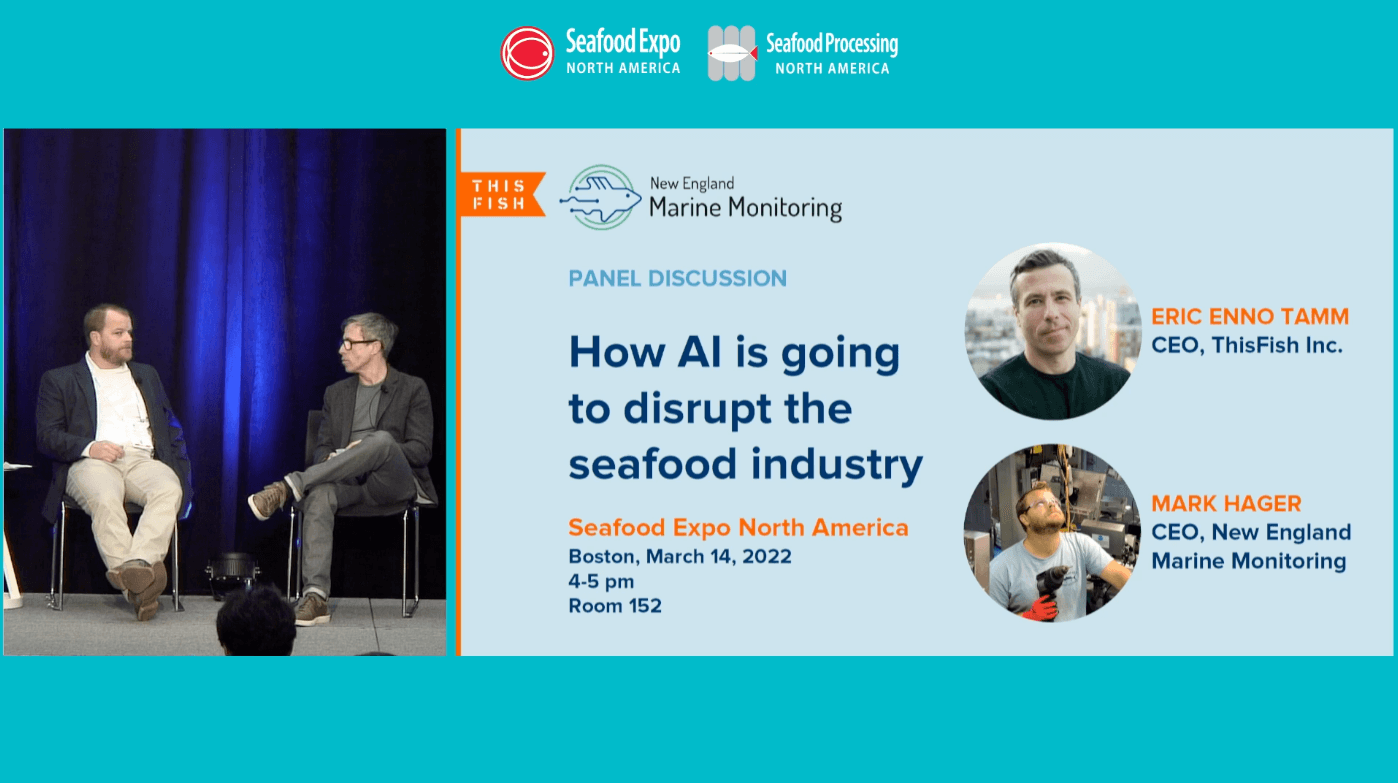
Moderator: Eric Enno Tamm, ThisFish
Speakers: Mark Hager, New England Marine Monitoring
Artificial intelligence (AI) is already part of our daily lives. Google Maps, Amazon recommendations, Facebook ads—all these technologies are powered by some kind of AI. So, how is AI going to disrupt the seafood industry? Because of the natural variability of fish, it is often difficult for fish farmers, fishermen and seafood processors to predict quality and production outcomes, such as yields, since there are so many variables. As it turns out, that's a perfect problem for artificial intelligence which is set to disrupt the seafood industry. In this session, you'll learn about what is AI and how it is used, what are its current applications in the seafood industry and what is cutting-edge research currently being conducted in the industry.

Included Listing Features:
Video Embed, Product Image, Company Name, Product Description, Geographical Markets Served, Contact Phone Number, Contact Name, Contact Email, Website URL, New or Featured Category Listing
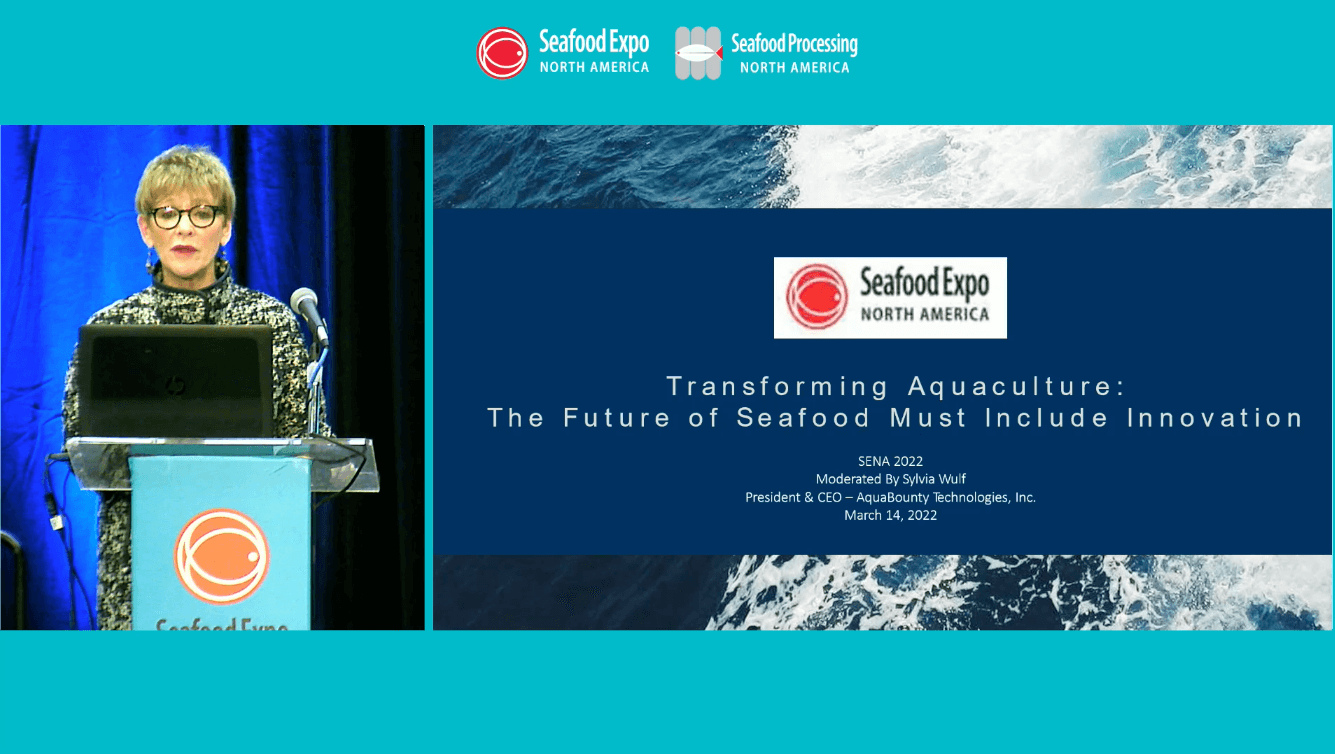
Moderator: Sylvia Wulf, AquaBounty
Speakers:
- Chef Charlie Baggs, Charlie Baggs Culinary Innovations
- Joe Lasprogata, Samuels Seafood
- Elana Natker, Sage Leaf Communications, LLC
- Yonathan Zohar, University of Maryland
The recent report from the International Panel on Climate Change (IPCC) stated that global warming is likely to rise around 1.5 degrees-C within the next 20 years. Aquaculture in marine and freshwater environments is extremely vulnerable to the growing impacts of extreme weather and climate change that will accompany this temperature rise. Given the short runway to find viable solutions to mitigate the worst impacts, and to ensure food security for the world’s growing population, we will need to deploy the rapidly developing tools from the biotechnology sector. Cultivating what are essentially wild organisms in farm settings has many challenges when it comes to growth and feed efficiency, not to mention disease resistance and other desirable production traits. Farming seafood will become even more challenging in the rapidly changing and increasingly unpredictable environment. Innovation and the use of technology – including genetic engineering and gene editing – are viable solutions to provide a safe, secure and sustainable source of fresh seafood. It is not difficult to imagine the development of more temperature-tolerant, disease-resistant, and faster-growing aquatic species for aquaculture use coming down the road. This session will explore the importance of innovation in the seafood industry and the potential of using technology, and specifically biotechnology, to mitigate the adverse impacts of climate change on aquaculture.
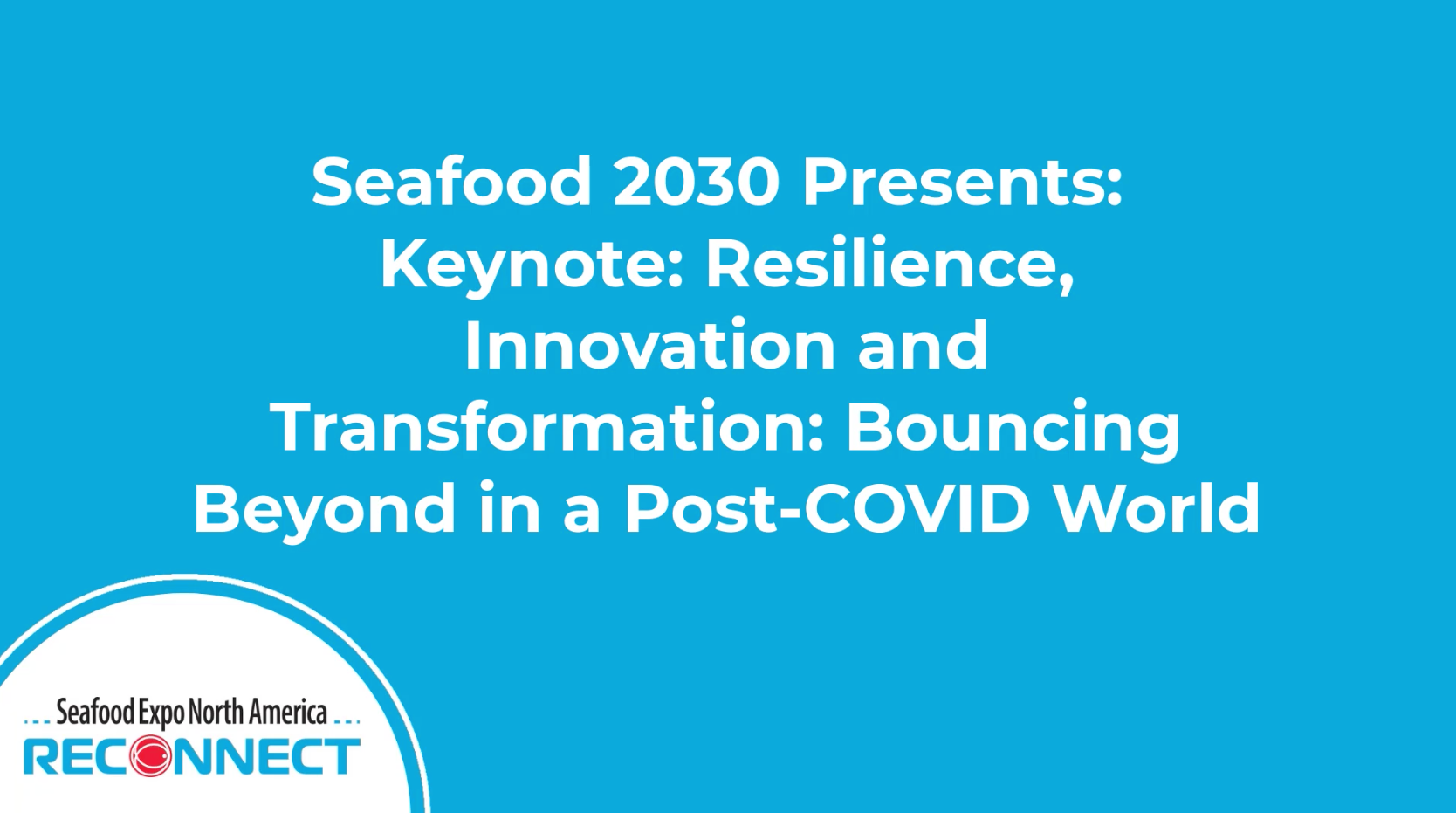
Speakers: Sarah Hogan, Program Officer - David & Lucile Packard Foundation; Teresa Ish, Senior Program Officer, Environment Program - Walton Family Foundation; Eduard Müller, President - University for International Cooperation in Costa Rica; Per Olsson, Researcher - Stockholm Resilience Centre; Steve Waddell, Lead – Bounce Beyond
Session Description: “COVID-19 has been a fire-drill to test the resilience of our systems” according to Eduard Muller, President of the University for International Cooperation. The last year has brought a renewed focus on the resilience and transformation of everything from supply chains to economic systems to technology and networks. But years of research before COVID-19 has greatly improved our understanding of resilience and processes of transformation. This session’s panel is made up of three experts in the field who share their understanding of what makes systems resilient and how the seafood industry can better prepare their systems for future disruption and opportunity.

